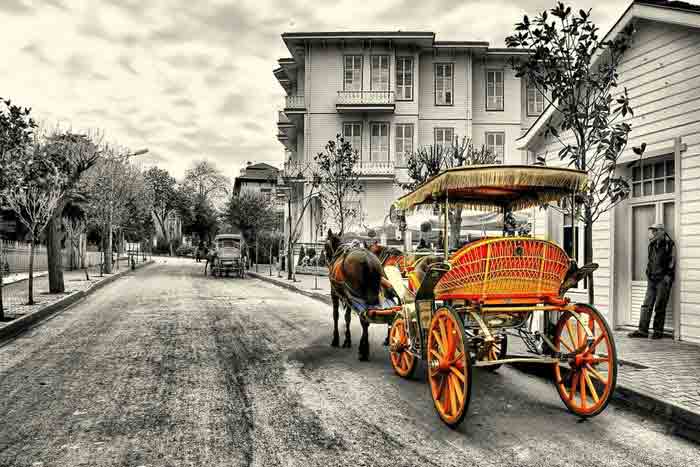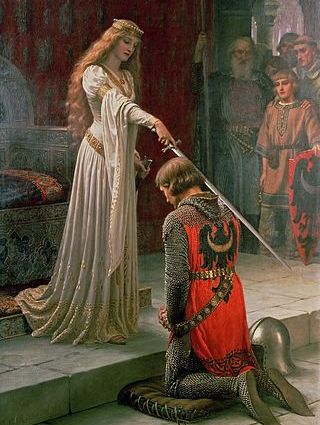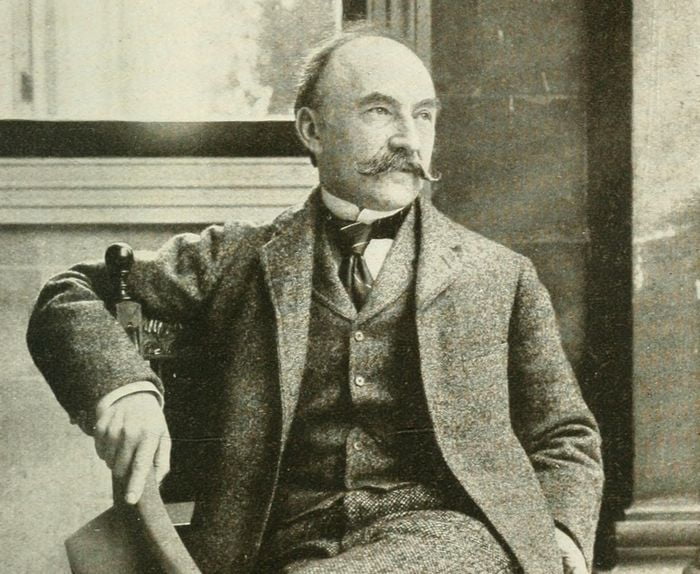Of what is left to tell, this is worth mentioning. Each year two Roman consuls were appointed: one at Rome, the other at Constantinople. And whoever was called to this honor was expected to spend more than twenty gold centenaries on the public; some of which came from the Consul’s private purse, but most was furnished by the Emperor.
This money was given to those others whom I have mentioned, but mostly to the poor and those employed in the theater; all of which was to the good of the city. But from the time Justinian came to power, these distributions were not made at the customary time; for sometimes a Consul remained in office for year after year, till finally people wearied of hoping for a new one, even in their dreams. As a result, universal poverty was the case, since the usual annual relief was no longer afforded to subjects; and in every way all that they had was taken from them by their ruler.
Livelihood is in the theater
Now I think I have shown sufficiently how this destroyer devoured all the public moneys and robbed each member of the Senate, publicly and privately, of all his estates; and how by bringing false charges he confiscated the properties of everybody else who was reputed to be wealthy, I imagine I have adequately told: as in the case of the soldiers, subordinate officers, and the palace guard; the farmers and landowners; those whose business is in words; merchants, ship owners and sailors; mechanics, artisans, and market dealers; those whose livelihood is in the theater; and indeed everyone else, who was affected in turn by the damage done to these. And now let us see what he did to those in need of alms: the poor, the beggars, and the diseased; for what he did to the priests will be described later.
First, as I have said, he took control of all the shops, licensed monopolies of all the wares most necessary to life, and exacted a price of more than triple their worth from the citizens. And other details of what he did I would not even attempt to catalogue in an endless book, since they were simply uncountable.
He put a bitter and perpetual tax on the sale of bread, which the day laborers, the poor and the infirm could not help buying. From this source he demanded three centenaries a year, with the result that the bakers filled their loaves with shells and dust; for the Emperor had no scruples against profiting meanly from even this unholy adulteration. Those in charge of the markets, turning this trick to their private gain, with ease became very wealthy and reduced the poor to an unexpected famine even in prosperous times; since it was not permitted to bring in grain from other places, but all were forced to eat bread purchased in the city.
Read More about Zheravna Festival








